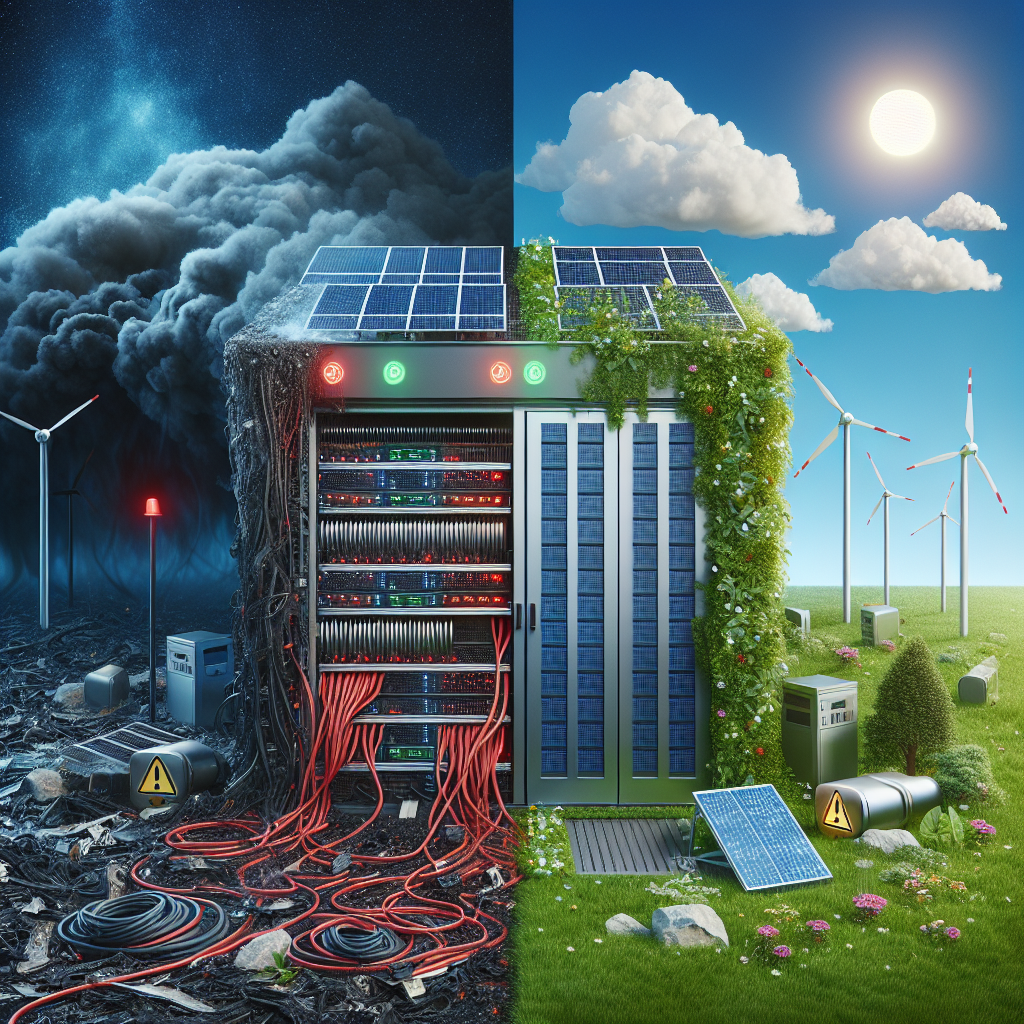In recent years, there has been a significant shift in the way data centers approach sustainability. Once known for their wasteful energy consumption and environmental impact, data centers are now leading the charge in adopting eco-friendly practices and technologies. This evolution from wasteful to wise has been driven by a combination of regulatory pressure, consumer demand, and a growing awareness of the importance of sustainability in the digital age.
One of the key drivers of the shift towards sustainability in data centers has been the increasing focus on reducing energy consumption. Data centers are known for their high energy demands, with servers running 24/7 and cooling systems working overtime to keep temperatures in check. In the past, this energy consumption was seen as a necessary evil, but now data center operators are realizing that there are significant cost savings and environmental benefits to be gained by reducing their energy footprint.
To achieve this, data centers are adopting a range of strategies, from improving the efficiency of their cooling systems to investing in renewable energy sources such as solar and wind power. Many data centers are also exploring the use of energy storage systems to help manage peak demand and reduce their reliance on the grid. These efforts are not only reducing the environmental impact of data centers, but also helping to drive down operating costs and improve overall efficiency.
In addition to reducing energy consumption, data centers are also looking at ways to minimize their water usage and waste production. Water is a critical resource for cooling systems in data centers, but excessive water consumption can strain local water supplies and contribute to environmental degradation. Data centers are now implementing water recycling systems and other measures to reduce their water footprint and ensure that they are using this valuable resource as efficiently as possible.
Similarly, data centers are also taking steps to minimize their waste production and increase their recycling efforts. Electronic waste, such as old servers and networking equipment, can be a major environmental hazard if not disposed of properly. Data centers are now working with recycling companies to ensure that their e-waste is handled responsibly, and many are also exploring ways to reuse and repurpose old equipment to extend its lifespan and reduce the need for new resources.
Overall, the evolution of data center sustainability is a positive development for both the environment and the industry as a whole. By adopting eco-friendly practices and technologies, data centers are not only reducing their environmental impact, but also improving their bottom line and positioning themselves as leaders in the push towards a more sustainable future. As data centers continue to evolve and innovate, it is clear that sustainability will remain a key priority, driving further advancements in efficiency, resource management, and environmental stewardship.

